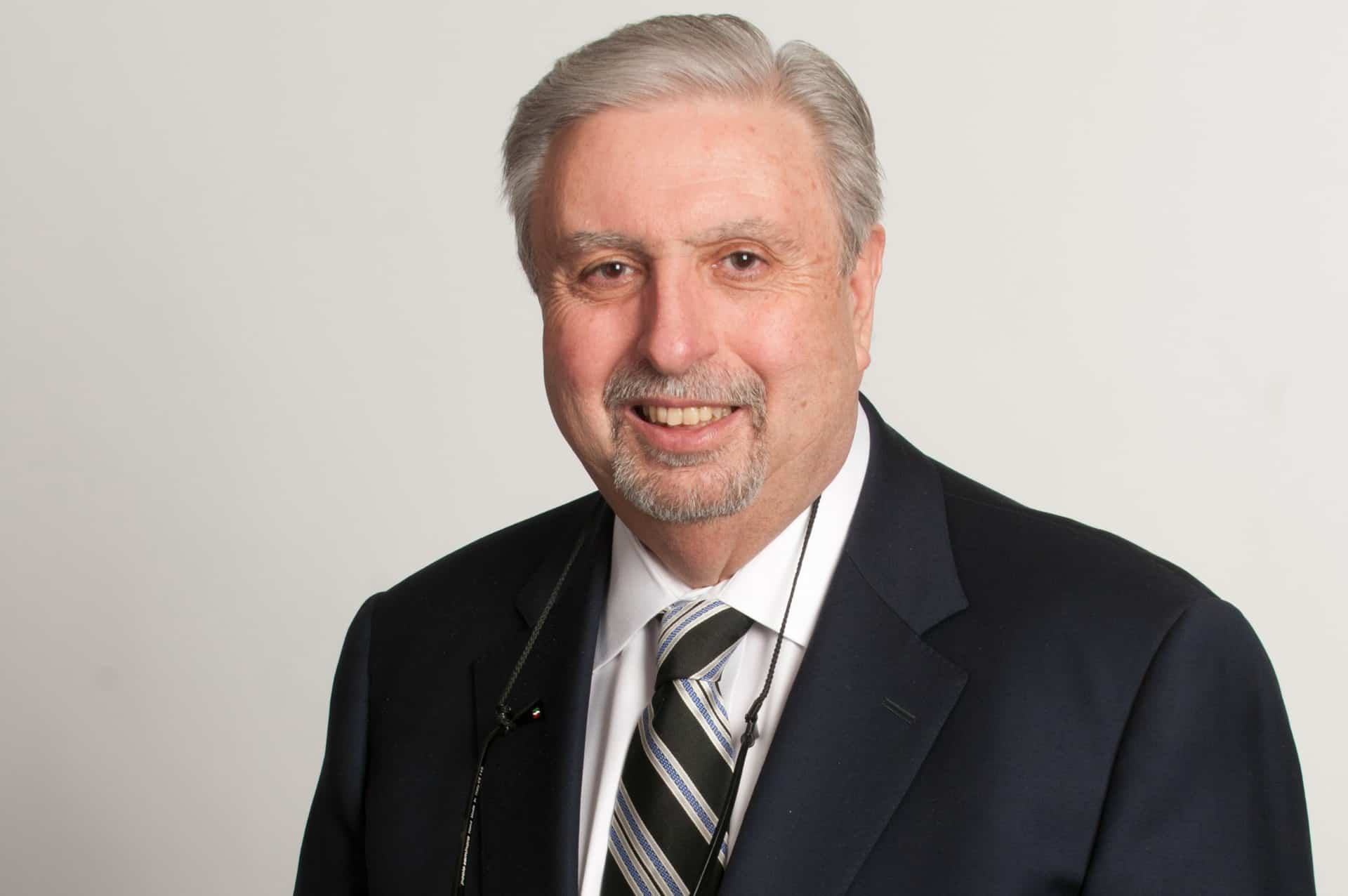Manolagas Receives Middleton Award for VA Research
| Nov. 9, 2016 | Stavros Manolagas, M.D., Ph.D., has been named the 2016 recipient of the Veterans Administration Biomedical Laboratory Research and Development Service’s highest honor, the William S. Middleton Award.
Given annually, the award honors a senior VA research scientist in recognition of outstanding scientific contributions and achievements in the areas of biomedical and behavioral research relevant to veteran health care. Previous Middleton Award recipients include three who were also Nobel Prize winners and six who received the Lasker Award, the U.S. equivalent of the Nobel for Medicine.
Manolagas is a researcher with both the Central Arkansas Veterans Healthcare System and the University of Arkansas for Medical Sciences (UAMS) College of Medicine.
The award was created in 1960 to honor William S. Middleton, M.D., a distinguished educator and physician-scientist who developed the VA research program. The honor includes a cash award of $5,000 plus $50,000 per year for three years in additional VA research support.
“For over 20 years, Dr. Manolagas and the Center for Osteoporosis and Metabolic Bone Diseases that he directs have substantially advanced biomedical knowledge to improve the health of veterans and non-veterans here in Arkansas and around the world,” said Pope L. Moseley, M.D., the executive vice chancellor of UAMS and dean of the UAMS College of Medicine.
“Dr. Manolagas’ team has unlocked many doors into the mechanisms of osteoporosis, and their work is vital to developing more effective therapies,” Moseley said. “Dr. Manolagas has earned the VA Middleton Award many times over, and we heartily congratulate him on this latest accolade.”
At UAMS, Manolagas holds the Thomas E. Andreoli, M.D., MACP, Clinical Scholar Chair in Internal Medicine and is a distinguished professor of medicine in the College of Medicine. He is also director of the Division of Endocrinology and Metabolism, director of the Osteoporosis and Metabolic Bone Diseases Center and vice chair for research in the Department of Internal Medicine. At the Central Arkansas Veterans Healthcare System, he is chief of the Endocrinology Section.
“I am deeply honored and humbled to receive this award from the VA,” Manolagas said. “As a scientist, you intend for the work you do to make a difference with patients, but that process can be slow and it can take many years. Biomedical research is a team sport and I owe a great deal of gratitude to my co-workers for this recognition.”
“Beyond the personal honor,” he continued, “I believe this award is a national stamp of approval and recognition of the excellence of the research performed on the UAMS campus and the strength of the VA/UAMS academic affiliation.”
Manolagas founded the Center for Osteoporosis and Metabolic Bone Diseases at UAMS in 1994, growing it into one of the largest and longest-funded osteoporosis research centers in the world. The center has brought $83 million in extramural grants to UAMS. Its researches have made seminal discoveries in pursuit of more effective therapies for the more than 10 million Americans who suffer from bone-fracturing osteoporosis and 34 million individuals with low bone mass.
His research has also led to improved management of chronic kidney disease by having patients take of the active form of vitamin D to reduce secondary hyperparathyroidism.
Middleton served as a general medical officer with the U.S. Expeditionary Forces in France during World War I and when the United States entered World War II, he was recalled to active duty as chief consultant in medicine in the European Theater of Operations. In 1955, he was appointed by President Dwight Eisenhower as chief medical director of the Department of Veterans Affairs and served until 1963. One of his most important contributions in that position was the development of the VA research program.
Manolagas received an M.D. from the University of Athens Medical School in Athens, Greece, and a Ph.D. from the University of Manchester, England. From 1970-1972, he served in the Greek Army as an Infantry Doctor.
Previously, Manolagas was at the Indianapolis VA Medical Center at Indiana University as a professor of medicine and chief of the Section of Endocrinology and Metabolism, and at the University of California in San Diego as associate professor of medicine in residence. He has received the UAMS Dean’s Distinguished Faculty Lecturer award, the AlliedSignal award for research on aging, the inaugural Founders Award (Louis V. Avioli Award) of the American Society of Bone and Mineral Research, the D. Harold Copp Award of the International Society for Bone and Mineral Research and a Doctor Honoris Causa from the National and Kapodistrian University of Athens, Greece. He was inducted into the Association of American Physicians in 1996.
UAMS is the state’s only health sciences university, with colleges of Medicine, Nursing, Pharmacy, Health Professions and Public Health; a graduate school; a hospital; a main campus in Little Rock; a Northwest Arkansas regional campus in Fayetteville; a statewide network of regional campuses; and eight institutes: the Winthrop P. Rockefeller Cancer Institute, Jackson T. Stephens Spine & Neurosciences Institute, Harvey & Bernice Jones Eye Institute, Psychiatric Research Institute, Donald W. Reynolds Institute on Aging, Translational Research Institute, Institute for Digital Health & Innovation and the Institute for Community Health Innovation. UAMS includes UAMS Health, a statewide health system that encompasses all of UAMS’ clinical enterprise. UAMS is the only adult Level 1 trauma center in the state. UAMS has 3,275 students, 890 medical residents and fellows, and five dental residents. It is the state’s largest public employer with more than 12,000 employees, including 1,200 physicians who provide care to patients at UAMS, its regional campuses, Arkansas Children’s, the VA Medical Center and Baptist Health. Visit www.uams.edu or uamshealth.com. Find us on Facebook, X (formerly Twitter), YouTube or Instagram.###
